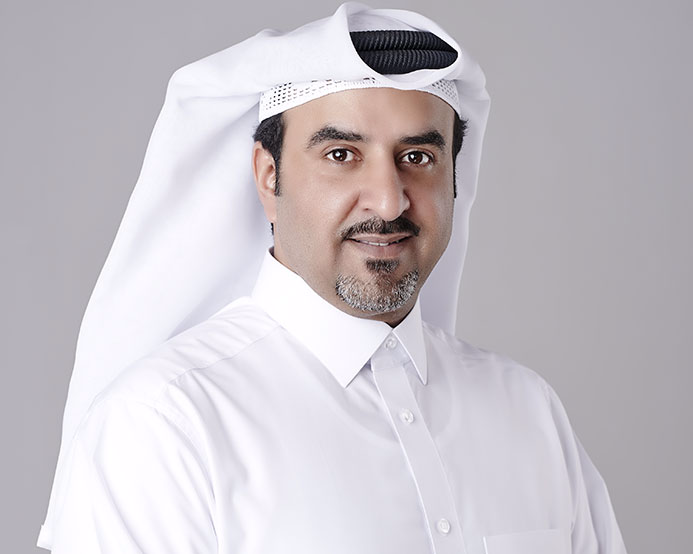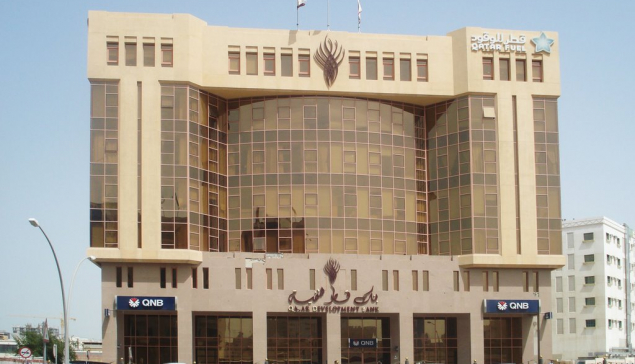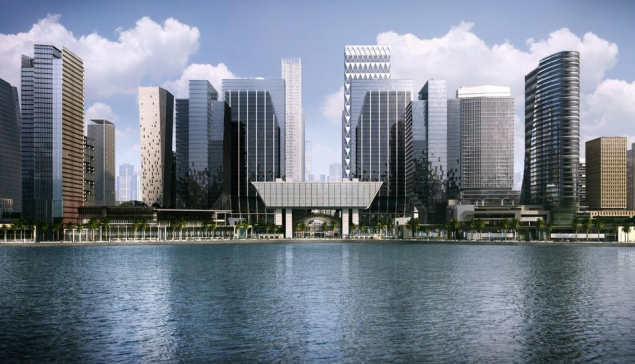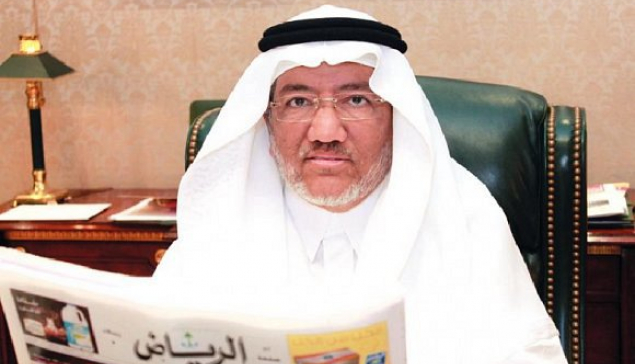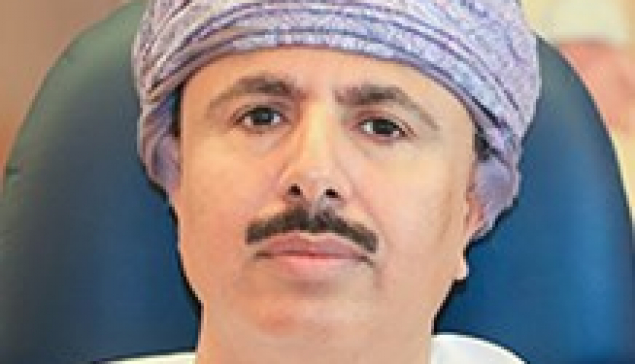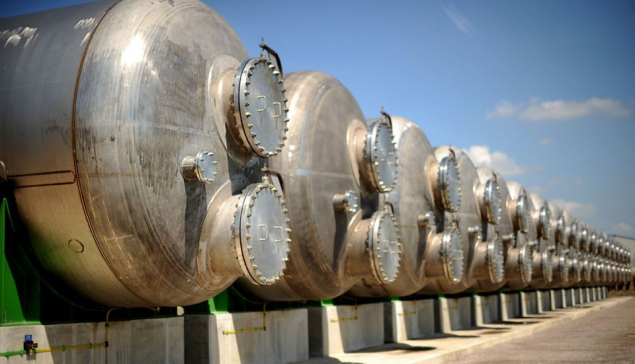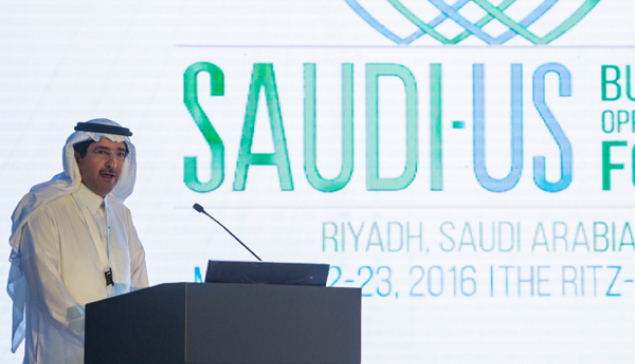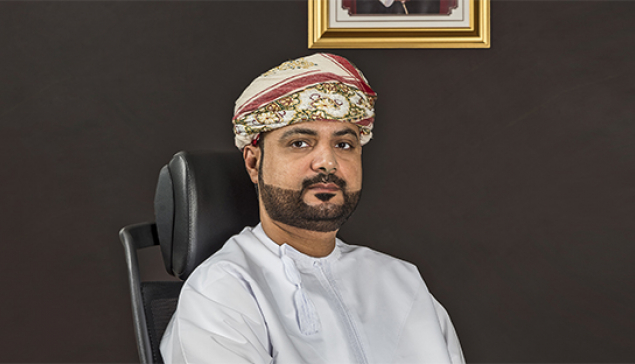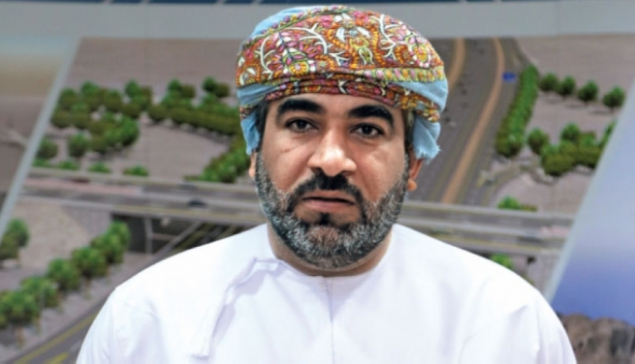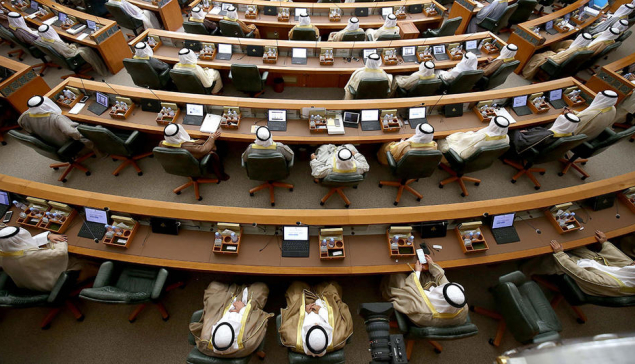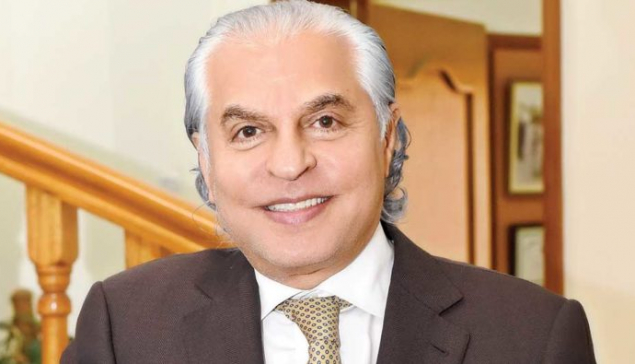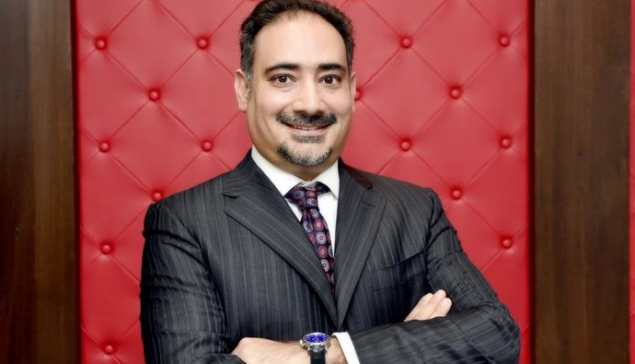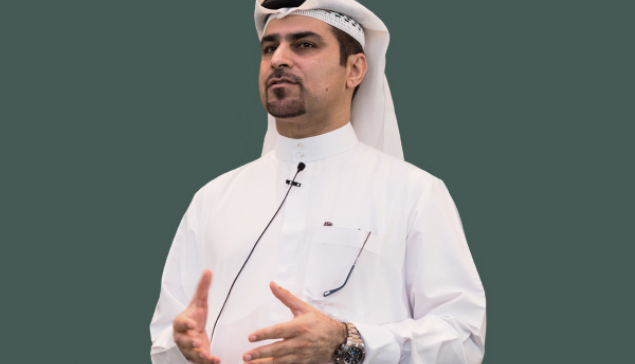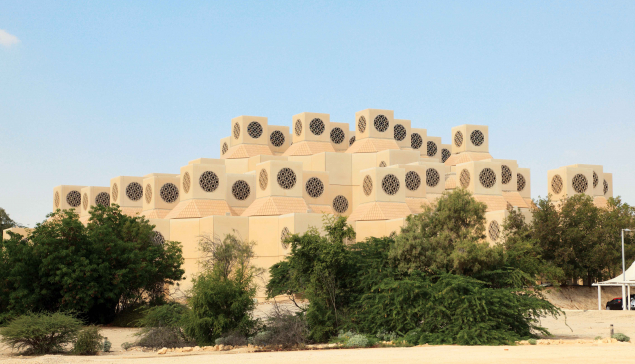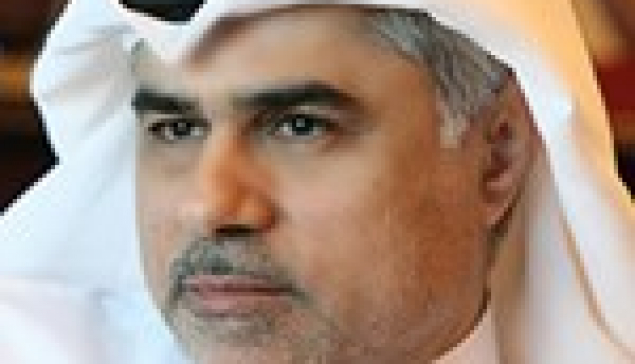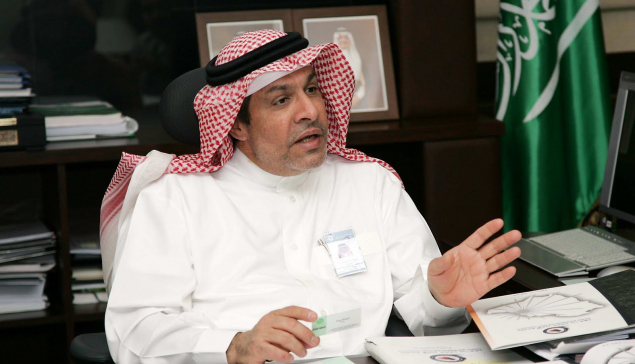How does Al Sulaiti Law Firm leverage its experience and reputation to provide the most innovative and expert advice for its clients?
Al-Sulaiti is a local law firm with a regional reach and a global outlook. We are not subject to the prohibition on litigation imposed on international law firms. Consequently, we are able to offer our clients a fully integrated service that includes both non-contentious and contentious representation. On the non-contentious side, we work in a variety of areas, including corporate law, franchise agreements, lease and sale contracts, foreign investment, and mergers and acquisitions. On the contentious side, our litigation team has experience litigating all types of cases, such as labor, civil, criminal, administrative, and commercial law. By helping clients to define and realize their business strategy prior to the emergence of disputes, we are positioned to sensitize our litigation strategy to their broader business interests. Al-Sulaiti Law Firm is a founding member of the MENA City Lawyers regional network, which includes firms in Egypt, Kuwait, Lebanon, and Syria. This network allows us to assist our clients with discrete questions of foreign law and, where appropriate, rapidly give our clients feet and hands across the Middle East. Our firm includes lawyers from five countries, including Egypt, France, Italy, and the US. Our educational and experiential diversity allows us to quickly bridge the gap between our clients' legal traditions and the rules and procedures of Qatar. Moreover, we are able to work comfortably with contracts governed by foreign law. Our foreign clients often arrive in Qatar with a time-is-money mentality. They are often best served by, and most comfortable working with, a lawyer who shares their predisposition. At other times—particularly when informally resolving a dispute with a Qatari citizen—it is better for our clients to turn to my understanding of the social terrain and my patient, soft touch. We currently represent Qatar Football Association and have already developed a distinguished sports law practice, which will grow in importance as Qatar approaches the 2022 World Cup. In addition, we are currently collaborating with Tiefenthaler Attorneys, a globally recognized South African law firm, to further develop our construction practice.
How would you characterize Qatar's legal framework, and what characteristics make it so attractive for foreign companies and FDI?
Qatar's legal framework is based on those of France and Egypt. Its deeply rooted civil law framework is attractive to foreign investors because it is highly similar to those found in many of their own countries. Furthermore, Qatar continuously modernizes its legislation and institutions to attract investors. For example, the Qatar International Court and Resolution Centre, located in the Qatar Financial Centre, has highly experienced foreign judges and applies procedures similar to those in common law jurisdictions.
What are some of the legal challenges that foreign investors should be made aware of?
To do business directly in Qatar, a foreign investor must act through a locally incorporated entity, which means that Qatari corporate law should have a foundational position in an investor's strategy. In ordinary cases, Qatari citizens or other local entities must own a minimum of 51% of a local entity's capital. We work with our other clients to draft articles of incorporation and shareholder agreements to maximize their control over the local entity. But so long as this rule remains, the core solution is not creative drafting, but rather embracing the partnership. We assist our clients in identifying local partners whose backgrounds and temperaments will complement their own. We then guide them in using the articles of association to articulate a positive and synergistic mandate for the partnership.
- Super User
- Manufactoring
- Hits: 3040
